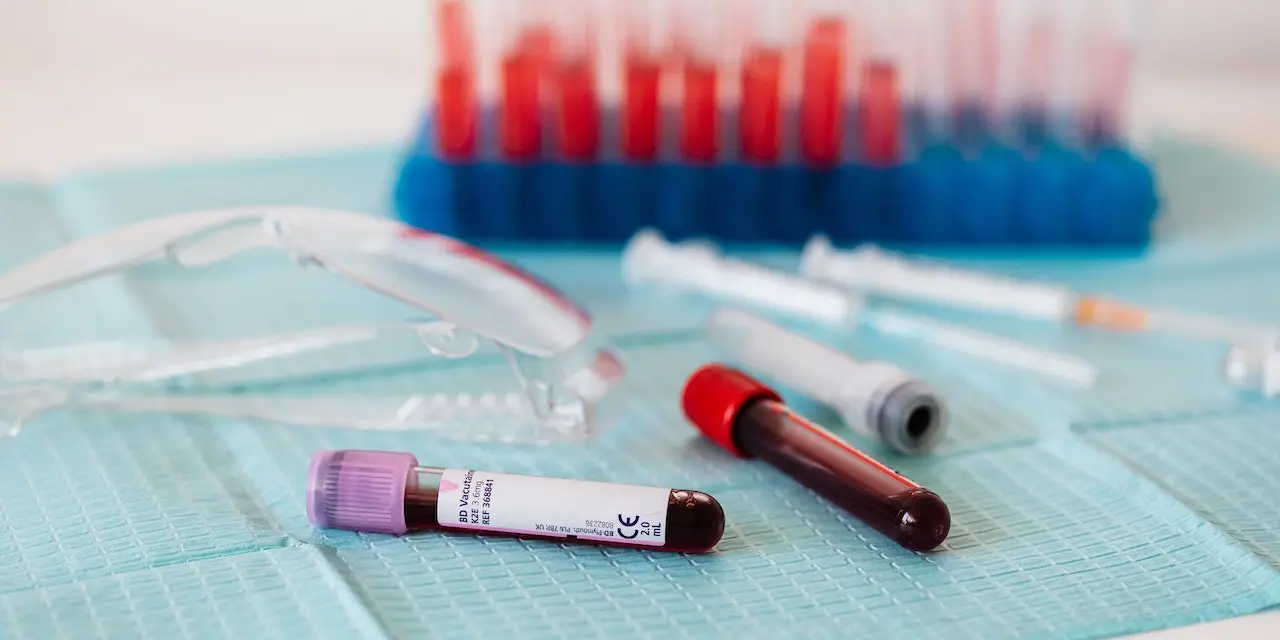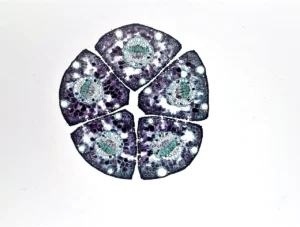
European Commission Approves Reduced Dosing Frequency for Janssen’s Bispecific Antibody TECVAYLI®▼ (teclistamab)
The Janssen Pharmaceutical Companies of Johnson & Johnson announced today that the European Commission (EC) has granted the approval of a Type II variation application for TECVAYLI®▼ (teclistamab), providing the option for a reduced dosing frequency of 1.5mg/kg every two weeks in patients who have achieved a complete response (CR) or better for a minimum of six months.1
Teclistamab was the first bispecific antibody targeting B-cell maturation antigen (BCMA) on multiple myeloma cells, and CD3 on T-cells, to receive approval in Europe for the treatment of adult patients with relapsed and refractory multiple myeloma (RRMM) who have received at least three prior therapies, including an immunomodulatory agent, a proteasome inhibitor, and an anti-CD38 antibody and have demonstrated disease progression on the last therapy.1
“Every patient’s experience with multiple myeloma is unique and requires a different treatment approach, tailored to their specific needs,” said Niels van de Donk, M.D., Professor of Hematology at Amsterdam University Medical Centers.† “With a decreased incidence of new onset Grade 3 or higher infections, low discontinuation rates and depth of responses maintained, this biweekly dosing option for teclistamab could provide substantial benefit for people living with multiple myeloma, potentially offering reduced time spent in hospital.”
The EC approval was supported by positive results from the Phase 1/2 MajesTEC-1 study (Phase 1: NCT03145181; Phase 2: NCT04557098), evaluating the safety and efficacy of teclistamab in patients with RRMM. 3,4
The latest data from the study were recently presented at the 2023 American Society of Clinical Oncology (ASCO) Annual Meeting (2-6 June, Chicago) and the 2023 European Hematology Association (EHA) Congress (8-11 June, Frankfurt).2,5 Patients in the study had received a median of five prior lines of therapy (range, 2-14) and, following an initial step-up phase, were initially treated with the recommended Phase 2 dose (RP2D) of 1.5 mg/kg teclistamab weekly (QW) administered subcutaneously.1,2 Patients who had achieved a confirmed partial response (PR) or better after four or more cycles of treatment (Phase 1), or a confirmed CR or better for six months or longer (Phase 2) were eligible to reduce dosing frequency to 1.5 mg/kg subcutaneously every two weeks (Q2W) until disease progression or unacceptable toxicity.1,2
“Following the initial European Commission approval for teclistamab in August 2022, our research has remained focused on how we can continue to advance the use of teclistamab to better meet individual patient needs and improve patient experiences,” said Edmond Chan, MBChB M.D. (Res), Senior Director EMEA Therapeutic Area Lead Haematology, Janssen-Cilag Limited. “Today’s approval for teclistamab provides eligible patients, their caregivers and physicians an additional, more flexible weight-based option with less frequent dosing depending on a patient’s response.”
Of 104/165 responders who had received teclistamab at the RP2D, 63 patients switched to Q2W dosing.2 Results from the analysis showed that at the time of switch, 85.7 percent of patients achieved a CR or better, 12.7 percent achieved a very good partial response (VGPR) and 1.6 percent achieved a PR.2 The median time to switch from first QW to first Q2W dose was 11.3 months (range, 3-30).2 At a median follow-up of 12.6 months (range, 1-25 since switching, the median duration of response was not yet reached and 68.7 percent (95 percent Confidence Interval [CI], 53.6-79.7) of patients who switched remained in response for two or more years from the time of first response.2 The new onset of Grade 3 or higher infections after 12-18 months of follow up was lower in responders who switched to Q2W dosing on or before 12 months compared to those who remained on QW dosing at 12 months (15.6 percent vs. 33.3 percent).2 As of data cut-off, 41 patients (65 percent) remained on treatment.
“When advancing immune-based therapies such as teclistamab, tailored approaches are essential to allow us to respond to evolving data and evidence to find the most suitable balance of efficacy and safety,” said Sen Zhuang, M.D., Ph.D., Vice President, Clinical Research and Development, Janssen Research & Development, LLC. “Today’s approval reinforces our focus on strengthening our multiple myeloma portfolio by investing in cutting-edge research that will help us continue to improve patient outcomes and importantly, their quality of life.
Source link:https://www.jnj.com/





